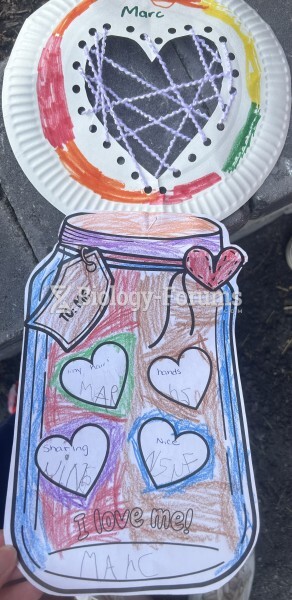|
|
|
Human stomach acid is strong enough to dissolve small pieces of metal such as razor blades or staples.
As many as 28% of hospitalized patients requiring mechanical ventilators to help them breathe (for more than 48 hours) will develop ventilator-associated pneumonia. Current therapy involves intravenous antibiotics, but new antibiotics that can be inhaled (and more directly treat the infection) are being developed.
Blood in the urine can be a sign of a kidney stone, glomerulonephritis, or other kidney problems.
About 80% of major fungal systemic infections are due to Candida albicans. Another form, Candida peritonitis, occurs most often in postoperative patients. A rare disease, Candida meningitis, may follow leukemia, kidney transplant, other immunosuppressed factors, or when suffering from Candida septicemia.
Medication errors are three times higher among children and infants than with adults.







